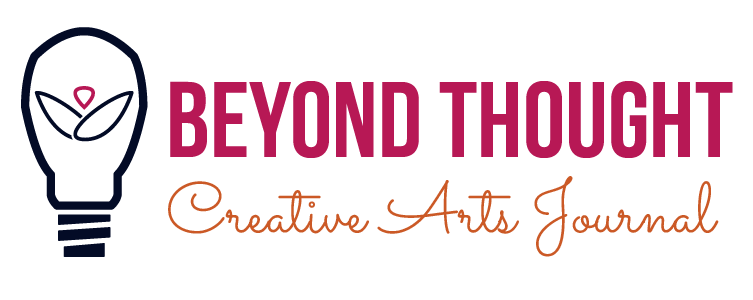Lessons on Art from Rilke’s Letters to a Young Poet
It was 1903 when the German-language poet Rainer Maria Rilke first instructed Franz Kappus to create only if creation “arises from a necessity of your being.” Kappus, a young, aspiring writer, appealed earlier that year to a then twenty-six-year-old Rilke to appraise his work, enclosing several of his own poems with his letter. Rilke responds to Kappus’ earnest request with striking wisdom and sincerity in what has become known as Rilke’s Letters to a Young Poet, a book that has instructed generations of writers, including myself. Rilke advises Kappus to “go within and probe the depths from which your life issues; at its source you will find the answer to the question of whether you must create.” Throughout his five-year correspondence with the young poet, Rilke consistently underscores this necessity of art, a lesson which offers potent implications for young poets in our modern age.
Rilke’s call to necessity speaks poignantly to us today, because art is so often valued only by its ability to be commodified. Embedded in our society’s cultural framework is a drive for box-office success at the expense of true art. When the integrity of art is sacrificed for entertainment, when art is sold out and diluted, the question of whether one must create becomes lost. Art becomes lost; and we find ourselves stranded in a cultural vacuum fueled by an insatiable appetite for marketable success. What Rilke offers, in contrast, is an invitation to creation for those who feel utterly called to it. These are the young poets—a moniker not reserved for the literary variety alone but for anyone who creates, anyone who embodies poetry and creation as a way of living.
Rilke invites the young poet to search inwardly. There lies the solitary space of creation, infused with intrinsic meaning. Authentic creation, Rilke tells us, comes only from this “turning inward.” Art is therefore best evaluated based on its origin, whether or not it spawns from a place of sincerity or necessity. The creation of such art must therefore be inevitable, hardly a decision made by the artist but rather an unrelenting need that the artist has no choice but to fulfill. It is for this reason that Rilke calls on the young poet to “probe the depths from which your life issues,” for at these depths must lie a purely intrinsic need. Rilke advocates for this intrinsic need at the expense of all else, so much so that he warns Kappus against even submitting his work to literary journals. This point may seem counterproductive to this journal, but it reflects something profound that Rilke wants us to understand—art must be created for its own sake.
Rilke expands upon this when he writes about the great burden of the artist, asserting that the need to create should be so great that it pains the artist not to. This need should grow unbearable when it goes unfulfilled. In this, Rilke finds a remedy to the heaviest mysteries of life, as it allows the poet to “bear [them] more earnestly,” to “cherish the questions themselves.” This, to me, reads like an ultimatum to create, for there is perhaps no better way for the artist to bear the mystery of life than to transform it into art. Maybe this is why the artist must create in the first place. What is most important about this, however, is that the artist’s burden cannot be faked. When an artist knows this burden, Rilke might suggest, their art is true and authentic. All efforts are otherwise falsified by their lack of authenticity, for Rilke teaches us that necessity is a prerequisite for authenticity.
In his Letters to a Young Poet, Rilke reminds us to create only if we are so called to it, and to revere the great burden of the artist. I now extend Rilke’s wisdom to you, who may feel called to submit to this journal, in hopes that you may receive his words with as much gratitude as I have. I ask you to proceed with caution as you create art to be sent into the world, to ask yourself the meaning of your desire to create, to examine that desire’s very origin. And as you may contemplate whether or not to entrust this journal with your own creation, I leave you with some final wisdom from Rilke to the young poet: “Being infinitely solitary, art-works are beyond the reach of all criticism. Only love can grasp and hold them, and be just towards them.” There is no meaning to the work you create without the love you give it.

